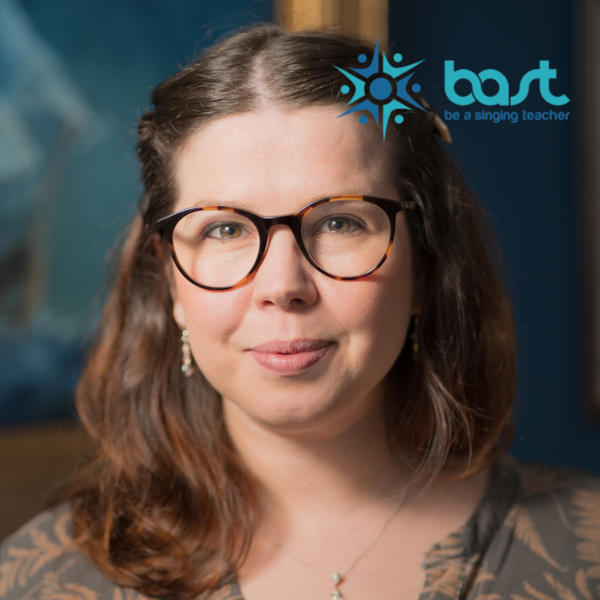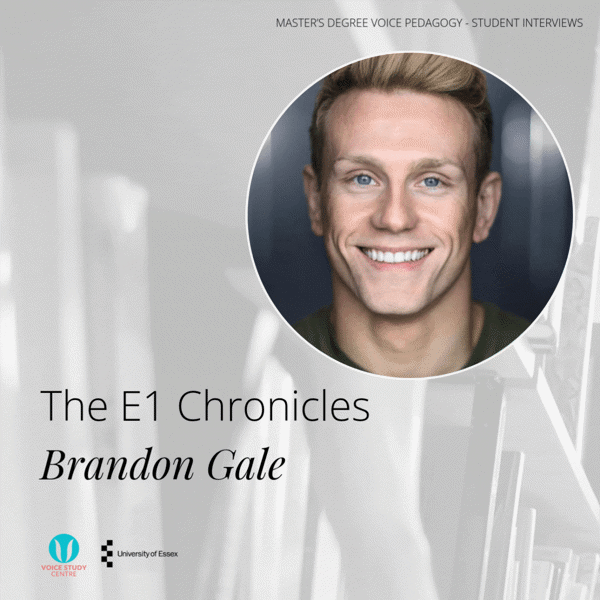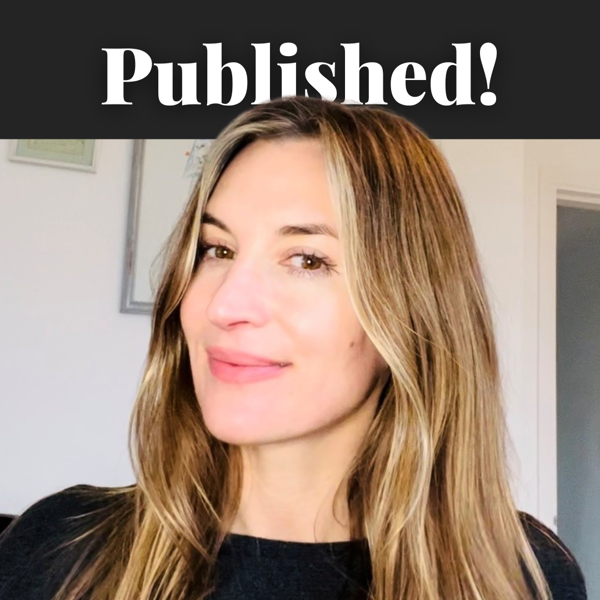Course Review: Vocal Rehabilitation with a Multi-Disciplinary Team: The Strength of Collaboration in the Successful Remediation of Voice with Margaret Baroody
Friday 11th August 2023Highly respected singing teacher and Singing Voice Specialist Margaret Baroody delivered a fascinating presentation on vocal rehabilitation starting with a discussion around what the term ‘Singing Voice Specialist’ means and its relevance in the context of vocal injuries and medical licensing. Next, she asked “what is a voice care team?” and defined the core members as laryngologist, Speech-Language Pathologist (SLP) and experienced singing teacher (all with specialised training in the treatment of voice disorders) but noted that the likes of a pulmonologist, a psychologist or a neurologist could feature too. She drew heavily on her work with Dr Robert Sataloff during the course.
After outlining some of the context, Margaret then moved on to talk more about the injured singer and her structure of responsibilities as a Singing Voice Specialist. These were to educate (on the diagnosis and general ‘rules’ about voice care), to validate (the emotional stress), to rehabilitate (with appropriate exercises and strategies), and to facilitate (a return to normal singing activity).
The importance of the Singing Voice Specialist’s role in helping to facilitate clear communication between the physician and the patient was detailed. This is because there is research that supports the link between the patient’s understanding of the treatment plan and a successful treatment outcome. The Singing Voice Specialist should consider themselves a ‘translator’ for the patient (never assume what the singer knows about the voice). Margaret included her own personal philosophy of ‘positive realism’ – being positive and supportive but not shying away from the ‘hard truths’ that the patient should be aware of.
Margaret talked through more roles of the Singing Voice Specialist in rehabilitation, including guiding the patient through the stress of an injury using knowledge of their lifestyle and its associated demands (not diagnosing the injury itself), and teaching the patient the limits of their instrument before it’s too late (‘an ounce of prevention is worth a pound of cure’). She explored the notion of asking a patient about their medical history, as well as how complex injuries can be, and stressed that vocal rehabilitation should be a collaborative process between specialist and singer. A typical case study was used to explain these concepts further. It was concluded that there is no ‘one size fits all’ approach to rehabilitation.
The evaluation of the patient’s singing voice was then discussed; it is important for the Singing Voice Specialist to identify the habitual technical approach of the singer, and the problem that’s going on, in order to identify the best treatment going forward. It is also critical that the Singing Voice Specialist recognises the special aesthetics of the singing style of each patient. Margaret quoted Dr Sataloff when citing the importance of the Singing Voice Specialist to the overall voice care team: “There is no equipment yet created that is better than the ears of an experienced singing teacher at detecting even subtle changes in voice quality”.
Next, she talked through her experiences of defining and outlining treatment plans as a Singing Voice Specialist, and how ‘return to performance’ dates can be set (these are often set too early by laryngologists). The key, according to Margaret, is to set the most conservative estimate for recovery and ultimately be realistic. This is because the voice care team are able to see the day-to-day changes/improvements whereas the physician is not. It is also important to consider the singer’s speaking voice, and how the Singing Voice Specialist and SLP can ‘share the load’ when it comes to rehabilitation. A different case study was used to explain this in more detail. Overall, she concluded that the Singing Voice Specialist can be the ‘eyes and ears’ of the laryngologist and provide invaluable insight in the context of overall rehabilitation of a patient.
Margaret went over a list of things that, in her opinion, the Singing Voice Specialist should never do, before exploring the different ‘goals’ sought when rehabilitating different voice issues. She posed a question about whether ‘complete vocal rest’ should ever be implemented, and this generated some good discussion among the participants. The last 20 minutes of the course were reserved for Q&A.



